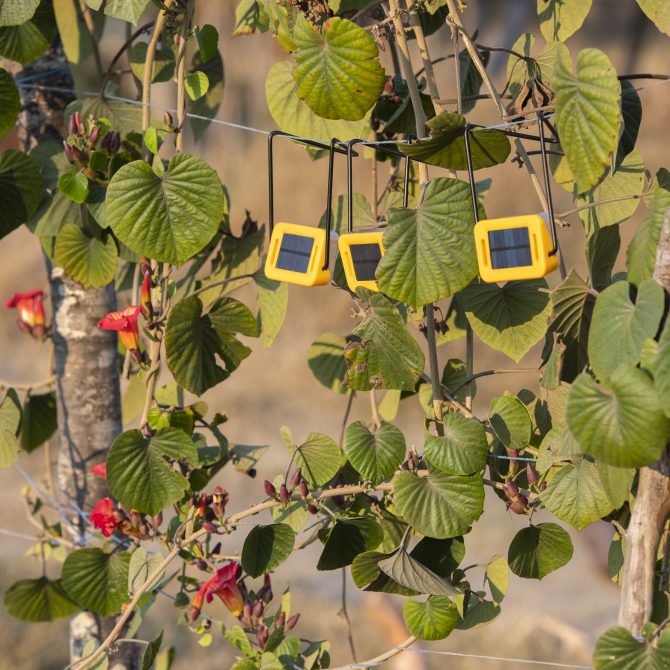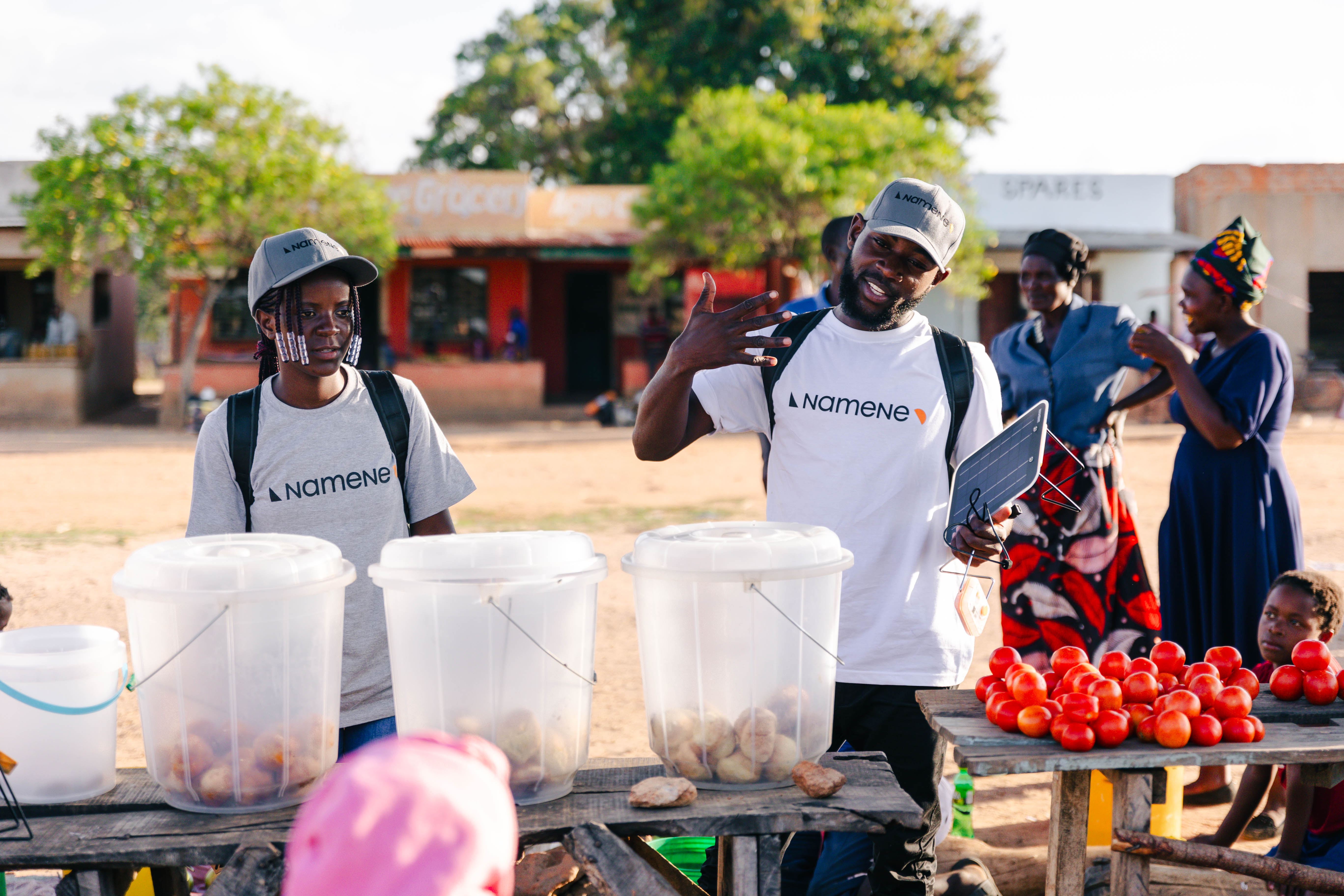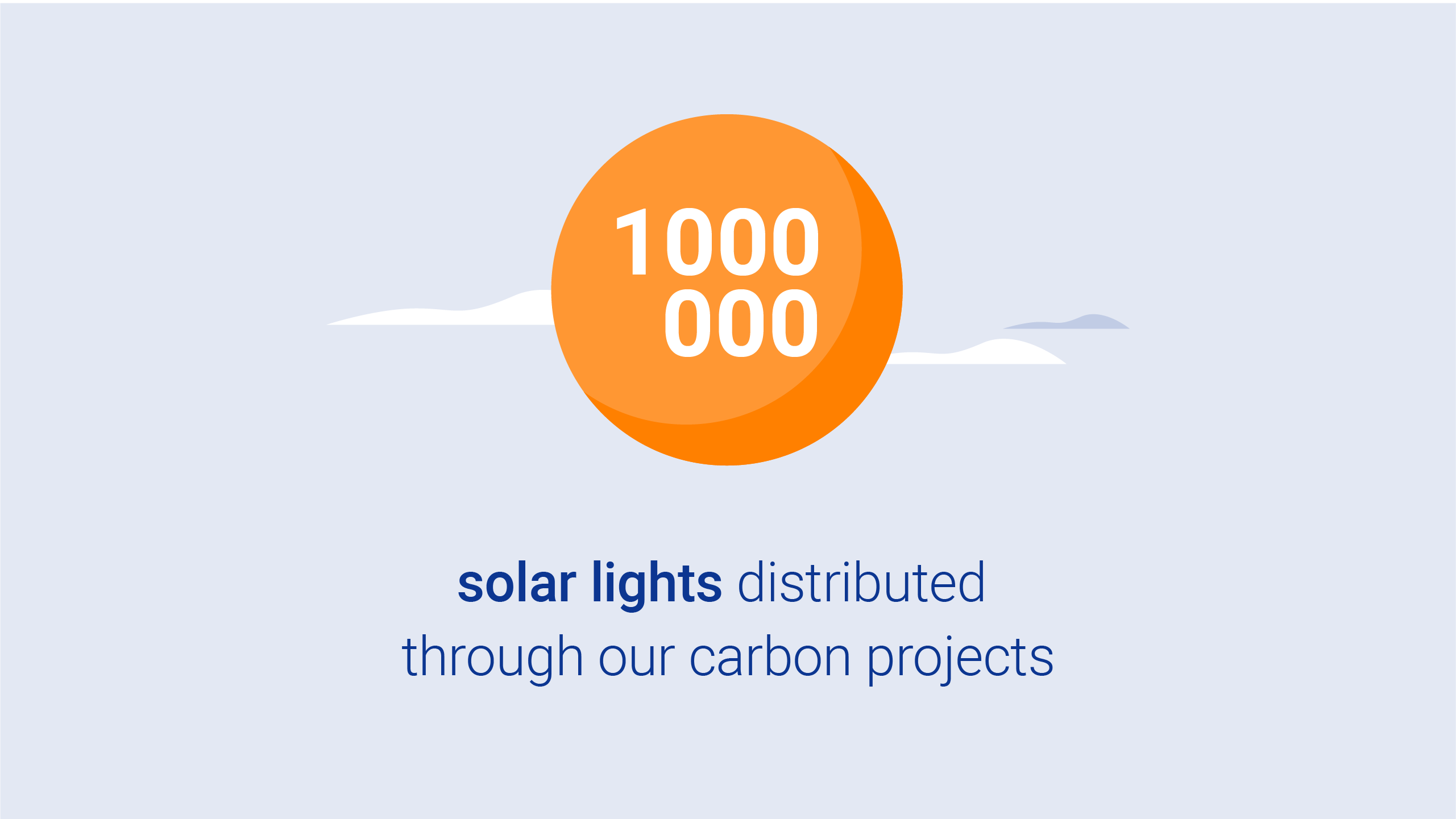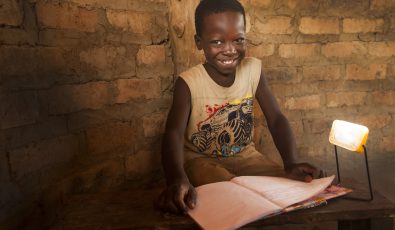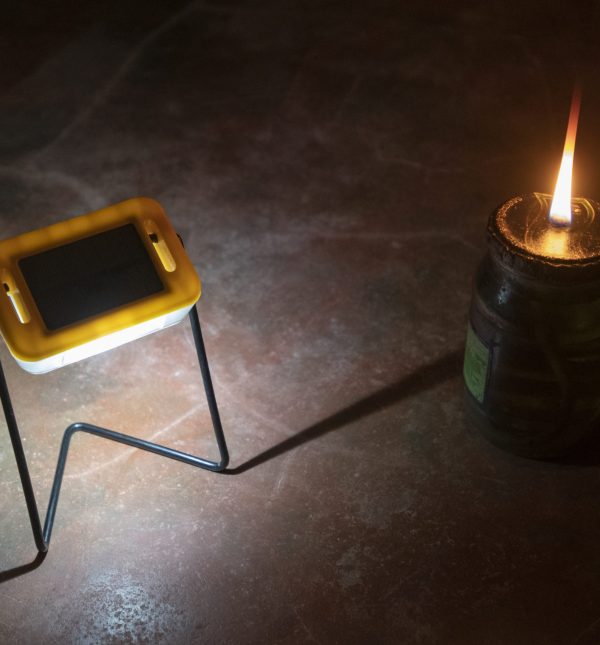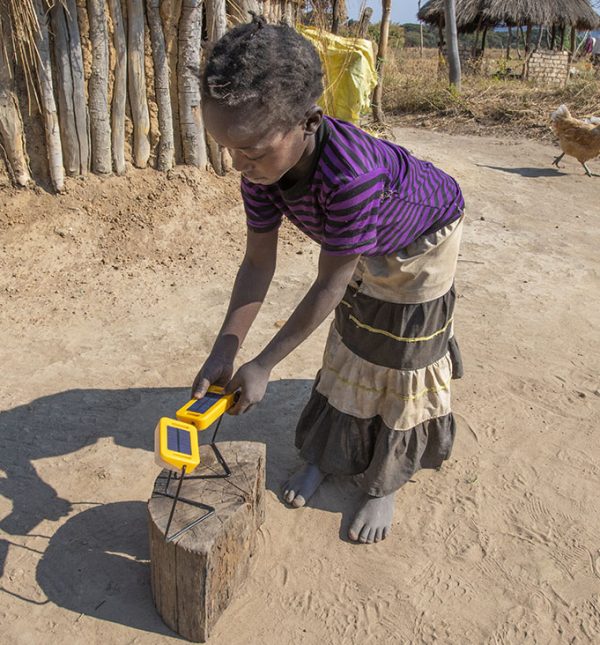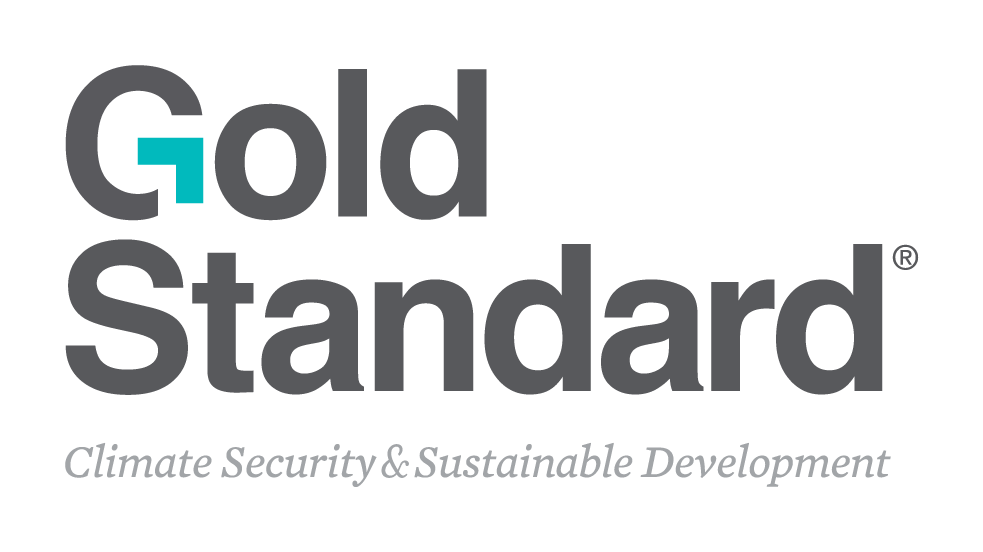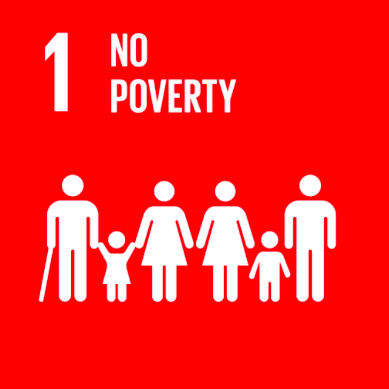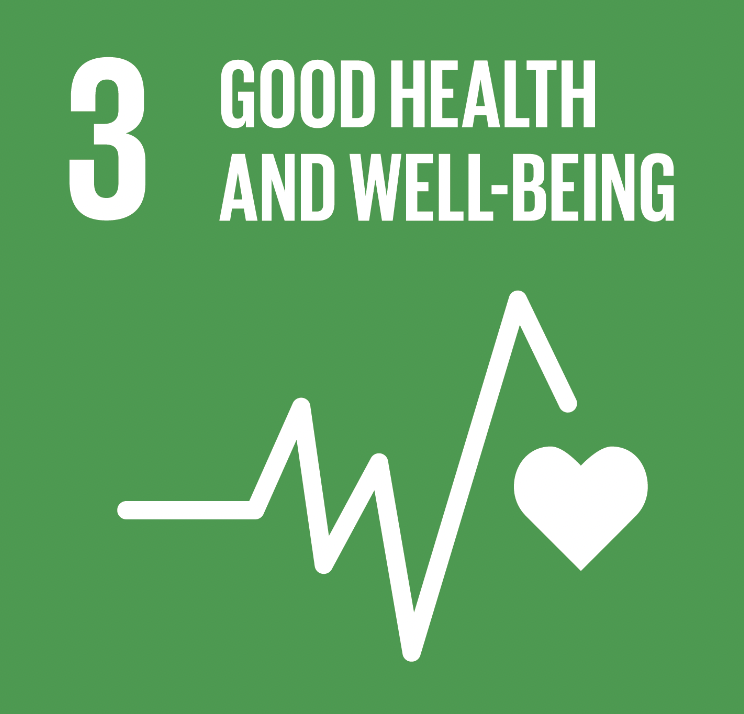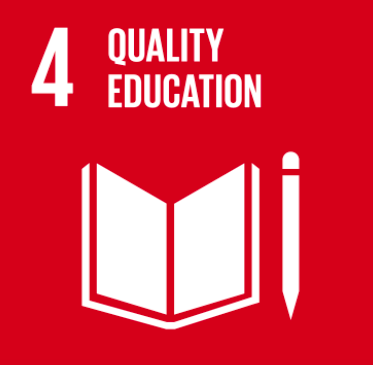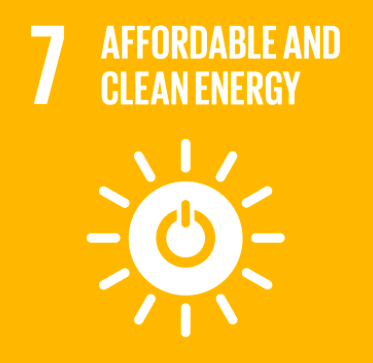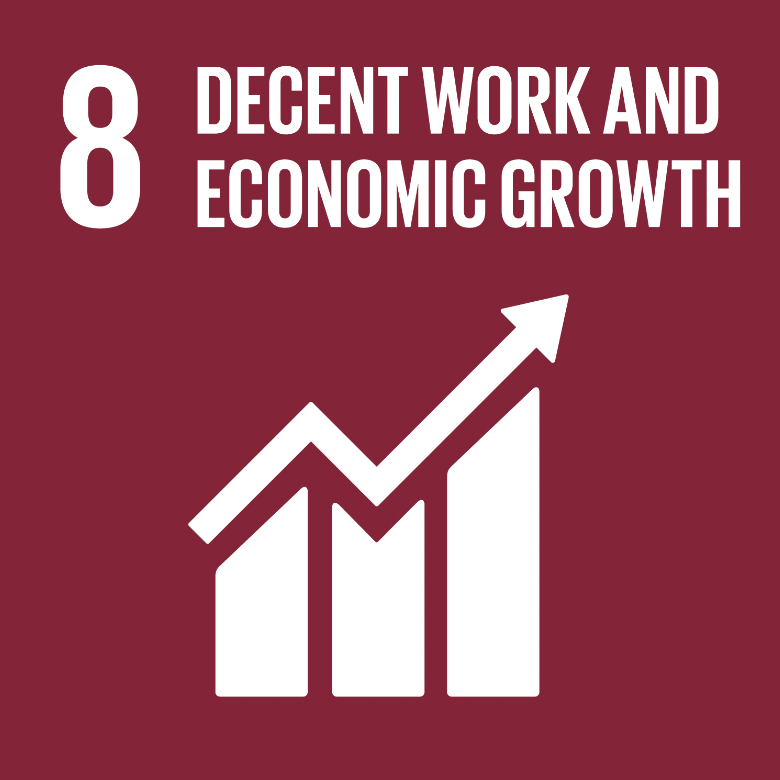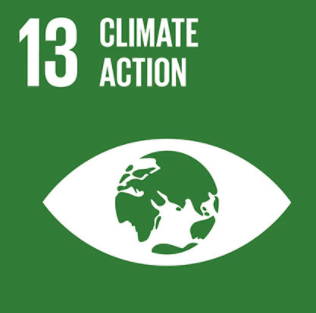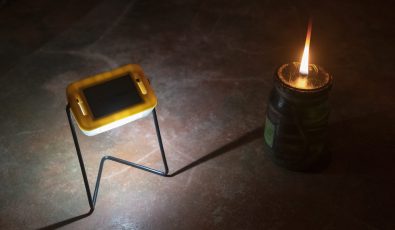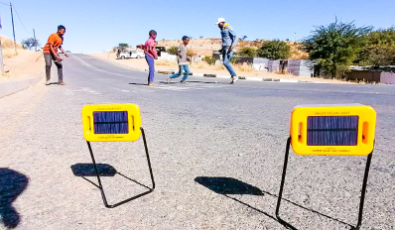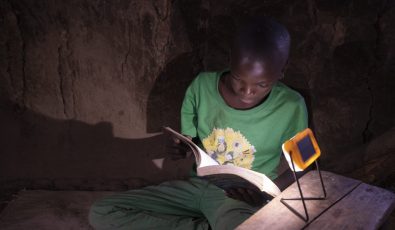SDG 7 – Affordable and clean energy
After a one-off purchase, the sun powers our lamps for free for up to seven years for a family. Our lights can unleash the power of clean lighting to many of the 750 million+ people who do not have access to electricity today.
SDG 8 – Decent work and growth opportunities
Access to affordable, portable and reliable lighting at night opens up work and earning opportunities for many. This includes those in the most remote communities and on the lowest incomes who may need to work several jobs at different times of the day to sustain their families.
SDG 13 – Climate action
Our products directly reduce GHG emissions (92kg per year per lamp) through avoided use of fossil fuels. Light from kerosene and candles contribute 1% of CO2e equivalent global emissions, 300,000,000T CO2e /year.
